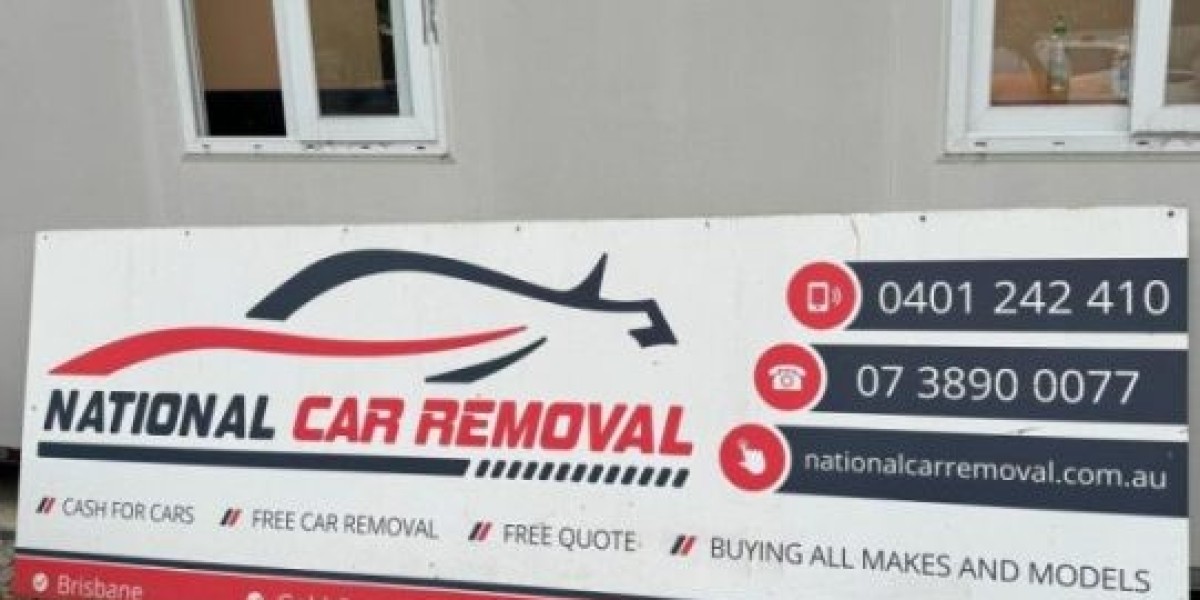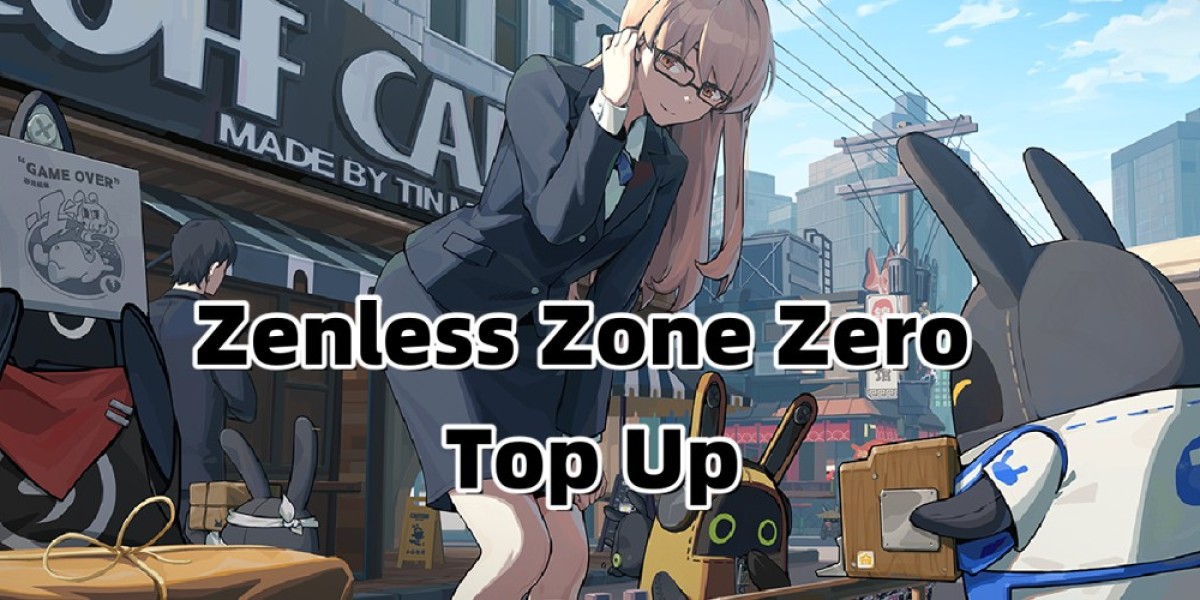Every car has its limits. No matter how well you’ve looked after it, there comes a point where the repairs, breakdowns, and costs start to outweigh the benefits. Knowing when it’s time to let go of your car can be a difficult decision, especially if it’s been with you for years. But holding on to an old vehicle for too long can end up costing more money, time, and stress than it’s worth.
If you’ve been wondering whether your car’s time has come, this guide will help you recognise the signs. You’ll learn what to look out for, what your options are, and how to make the process of saying goodbye easier and more worthwhile.
Understanding When a Car Has Reached Its Limit
Cars don’t last forever. Even with regular servicing and proper care, parts wear out, technology becomes outdated, and efficiency drops. In Brisbane’s climate, where hot weather and humidity can take a toll on vehicle components, cars can age faster than you might expect.
If your car spends more time in the mechanic’s workshop than on the road, it’s usually a sign that it’s nearing the end of its life. The key is to know when the costs and inconvenience of keeping it start to outweigh the benefits of replacing it.
The Cost of Constant Repairs
One of the biggest warning signs that it’s time to get rid of your old car is when repairs become too frequent or expensive. A few small issues here and there are normal, but when every month brings a new repair bill, it might not be worth it anymore.
If the cost of repairs in a single year adds up to more than the car’s current market value, it’s time to think about letting it go. Spending hundreds or thousands of dollars to keep a car running, only for something else to break soon after, is a cycle that can quickly drain your finances.
You might be emotionally attached to your car, but keeping it running at a loss doesn’t make financial sense. At some point, selling or scrapping it becomes the smarter option.
Safety and Reliability Concerns
Safety is one of the most important factors to consider. Older cars often lack modern safety features like airbags, electronic stability control, and advanced braking systems. Even if you’re a careful driver, you can’t always rely on an outdated car to protect you in an accident.
Frequent breakdowns are another clear warning sign. If your car leaves you stranded by the roadside more than once, it’s time to re-evaluate. Being stuck in traffic or on a highway because your engine fails can be dangerous and stressful. A reliable car should give you confidence every time you drive it. If you’re constantly worrying about whether it will make it to your destination, it’s time to move on.
Rising Running Costs
Older cars usually cost more to keep on the road. They use more fuel, require more maintenance, and often attract higher registration and insurance costs.
Fuel efficiency tends to drop as engines age. What once gave you 600 kilometres per tank might now barely reach 400. At the same time, worn-out engines and parts can make a car less smooth to drive and more prone to leaks or smoke.
Insurance companies may also increase premiums for older cars, especially if they’re considered less safe or harder to repair. If you notice that your car is costing more each year, even without major issues, it’s worth comparing those ongoing expenses with the cost of upgrading to a newer model.
Your Car No Longer Suits Your Needs
Sometimes, it’s not about the car’s condition but how it fits your current lifestyle. Maybe you bought a small hatchback years ago, but now you need something larger for a growing family. Or perhaps you used to commute long distances, but now you mostly drive short trips around Brisbane.
If your old car no longer meets your needs, it might be time to replace it. Modern cars often come with better comfort, safety, and technology features that make daily driving easier and more enjoyable.
Even if your car still works fine, there’s no reason to keep something that doesn’t fit your life anymore.
When the Car Fails a Safety or Roadworthy Inspection
Failing a safety or roadworthy inspection is another sign that your car might be nearing its end. In Queensland, you need a safety certificate to sell or register a vehicle. If your car needs extensive repairs to pass inspection, you have to decide whether it’s worth fixing.
Repairs involving the suspension, brakes, or engine can be expensive. If those costs exceed the car’s value, selling it as is or sending it for recycling might be the best choice.
When It’s Hard to Find Parts
As cars age, finding replacement parts can become a challenge. Some manufacturers stop producing parts for older models, especially those over 15 years old. This makes repairs more difficult and often more expensive.
If your mechanic has to spend weeks tracking down a part or ordering it from overseas, it can be a sign that the car is no longer practical to keep. The time, effort, and cost involved in maintaining it may not be worth it in the long run.
Emotional Attachment vs. Practical Thinking
It’s common to feel attached to an old car, especially if it’s been with you for years or holds sentimental value. Maybe it was your first car or has been part of your family’s memories. However, it’s important to balance emotions with practicality.
Keeping an old car that constantly breaks down can become a source of stress rather than comfort. You can still appreciate the memories while moving on to something more reliable. Some people even choose to take photos or keep a small part of the car, like the key or emblem, as a reminder.
The Benefits of Letting Go
Getting rid of an old car can actually bring several benefits. It frees up space in your driveway or garage, reduces costs, and gives you peace of mind.
You might also be surprised to find that you can earn money from it. Many Brisbane car removal and cash for cars companies buy old, damaged, or unwanted vehicles for recycling. They pay you instantly and often provide free towing, making the process quick and simple.
The metal, tyres, and other materials from your car are recycled and reused, helping reduce waste and environmental harm. So even though you’re saying goodbye to your car, it’s still being put to good use.
What to Do When It’s Time to Get Rid of Your Car
If you’ve decided it’s time to move on, there are a few straightforward ways to do it.
You can sell it privately if it’s still in decent condition, trade it in at a dealership, or sell it to a cash for cars service in Brisbane. If it’s no longer roadworthy, scrapping or recycling it is the best choice.
Before you hand it over, make sure you remove all personal belongings, cancel the registration, and inform your insurance provider. Keep your ID ready and complete the necessary paperwork to ensure the sale or transfer is official.
Knowing When to Say Goodbye
There’s no single rule that tells you exactly when to get rid of your car, but you’ll often feel it when the time comes. If it costs too much to maintain, isn’t reliable, or no longer suits your needs, it’s time to start planning the next step.
Replacing an old car doesn’t have to be a stressful decision. Think of it as a chance to upgrade to something more efficient, safer, and better suited to your lifestyle. And by disposing of your old car responsibly through a car removal Brisbane or recycling service, you can do your part for the environment too.
Final Thoughts
Cars are meant to make life easier, not more difficult. If your vehicle has become a source of constant expense, worry, or inconvenience, it’s probably time to let it go. The good news is that there are plenty of simple and rewarding ways to part with it in Brisbane.
Whether you sell it, recycle it, or trade it in, getting rid of your old car is a practical decision that brings relief and new opportunities. It might be the end of one journey, but it’s also the start of another — one that’s smoother, safer, and more reliable for the road ahead.






